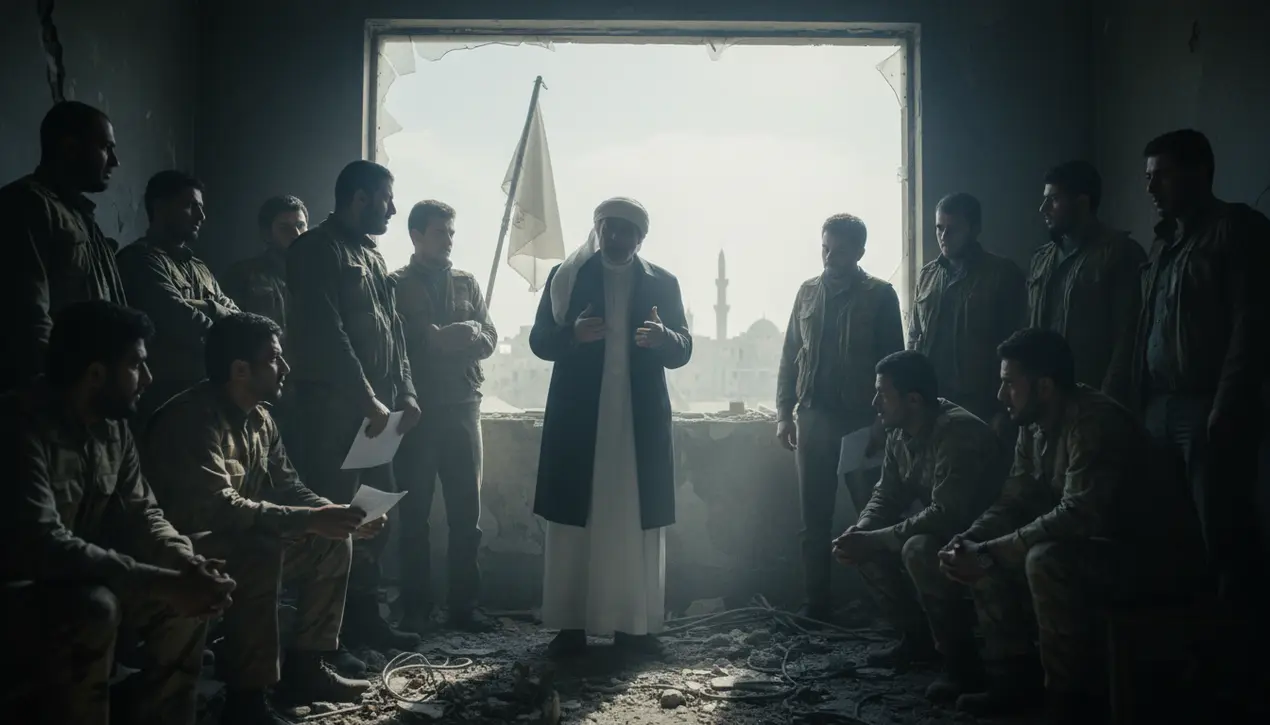
Politicsconflict & defenseMilitary Operations
Anti-Hamas Groups Seek Role in Post-War Gaza Peace Plan.
RO
Robert Hayes
1 day ago7 min read3 comments
The political landscape of Gaza is currently a fragmented chessboard, where several distinct factions, some with tacit or overt backing from the Israeli state, are maneuvering to fill the power vacuum anticipated in the conflict's aftermath, presenting a complex and overlapping web of alliances that stands in stark opposition to Hamas's entrenched rule. This emerging dynamic is not merely a local power struggle but a geopolitical pivot point with profound implications for the entire Middle East, reminiscent of historical post-conflict reconstructions where the composition of interim authorities often dictated decades of subsequent stability or instability.These anti-Hamas groups range from reconstituted elements of the secular Fatah party, which holds sway in the West Bank and is seen by international players like the United States and Egypt as a potential cornerstone for a revitalized Palestinian Authority, to more localized clan-based militias and disaffected civil society leaders who command respect on the ground but lack a unified military wing. The critical challenge, one that echoes the dilemmas faced by occupying powers throughout history, is the inherent tension between legitimacy conferred by external sponsors and legitimacy earned through local popular support; a group perceived as an Israeli proxy would be stillborn, unable to garner the grassroots acceptance necessary for durable governance.Consequently, diplomats from Qatar and Egypt are engaged in frantic, behind-the-scenes shuttle diplomacy, attempting to broker a fragile consensus among these disparate actors while simultaneously negotiating with Israel on the terms of a withdrawal and the scale of a reconstruction effort that could cost tens of billions of dollars. The Israeli security apparatus is itself divided, with some hawks advocating for a long-term, albeit reduced, military presence in the Strip to prevent any resurgent threat, while doves and international partners press for a swift handover to a Palestinian-led body to avoid a costly and bloody insurgency.Analysts point to the precedent of the 2007 Hamas takeover from Fatah as a cautionary tale; any post-war structure that is not inclusively built and broadly supported risks collapsing into another cycle of intra-Palestinian violence, potentially creating a security vacuum even more dangerous than the status quo ante bellum. Furthermore, the role of Iran and its proxy network, which has sustained Hamas for years, cannot be discounted; Tehran will undoubtedly seek to undermine any settlement that marginalizes its allies and strengthens the hand of its regional rivals, setting the stage for a protracted shadow war. The ultimate success or failure of this nascent peace plan will therefore hinge on a precarious balancing act: crafting a governance framework that is palatable to Israel's security concerns, financially backed by the Gulf states and the West, and, most critically, viewed as authentically Palestinian by the war-weary populace of Gaza itself, a task of monumental difficulty that will define the region's trajectory for a generation.
#Gaza
#Hamas
#armed groups
#Israel
#peace plan
#conflict
#featured
Stay Informed. Act Smarter.
Get weekly highlights, major headlines, and expert insights — then put your knowledge to work in our live prediction markets.
Comments
Loading comments...
© 2025 Outpoll Service LTD. All rights reserved.